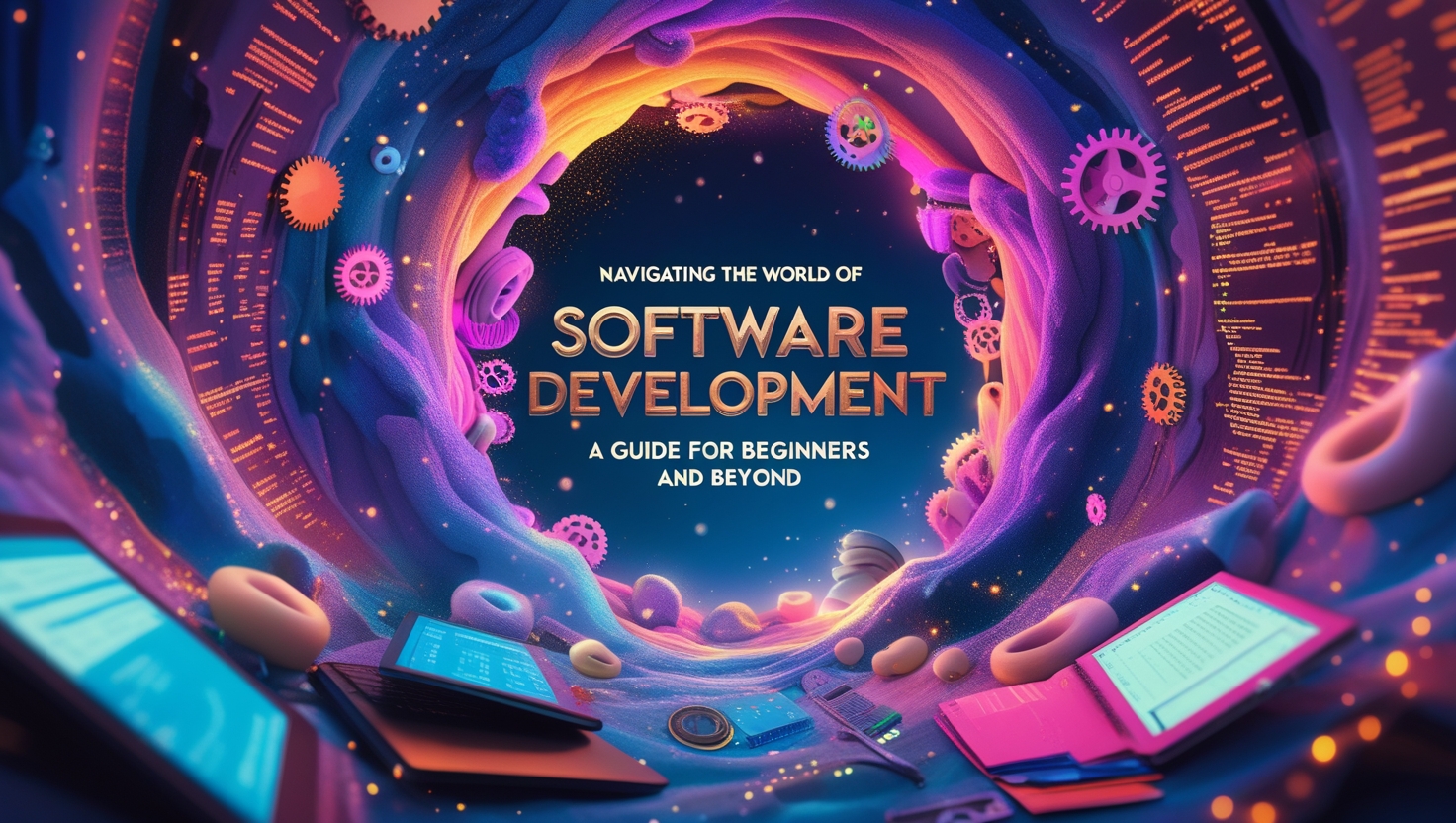Navigating the World of Software Development: A Guide for Beginners and Beyond
Software development is the engine that powers the modern world. From the apps on our smartphones to the complex systems that run global industries, software is everywhere. But what exactly is software development, and how can you navigate this dynamic field? Whether you're a budding programmer, a business owner looking to build a digital presence, or simply curious about the technology that shapes our lives, this blog post will provide a comprehensive overview of the software development landscape in 2025.
What is Software Development?
At its core, software development is the process of creating computer programs and applications. This involves a series of steps, including:
Requirement Gathering: Understanding the needs and goals of the software.
Design: Planning the architecture and user interface of the software.
Implementation (Coding): Writing the actual code using programming languages.
Testing: Ensuring the software functions correctly and is free of errors (bugs).
Deployment: Making the software available for use.
Maintenance: Updating and improving the software over time.
The Ever-Evolving Landscape of Software Development in 2025
The field of software development is constantly evolving, driven by technological advancements and changing user expectations. Here are some key trends shaping the industry in 2025:
Choosing the Right Path in Software Development
Whether you're looking to hire a software development company or embark on a career in this field, understanding the different specializations is essential. Some popular areas include:
Finding the Right Software Development Partner
If you're a business looking to develop a software solution, choosing the right development partner is critical for success. You mentioned NakshatraMythri Solution based in Pune. Your search history indicates some familiarity with this company. While I cannot definitively say they are the "best" without knowing your specific needs, here are some general factors to consider when selecting a software development company:
Define Your Project Requirements: Clearly outline your project goals, features, and technical requirements.
Check Their Portfolio and Experience: Review their past work to see if they have experience in similar projects and industries. Look for the quality of their work and their technical expertise.
Evaluate Their Technical Skills: Ensure they have expertise in the specific technologies required for your project.
Consider Their Communication and Collaboration Approach: Effective communication is crucial for a successful partnership. Understand their communication processes and how they involve clients in the development cycle.
Ask About Their Development Methodology: Do they follow Agile or other methodologies? Understand their project management approach.
Check Client Reviews and Testimonials: Look for feedback from previous clients to gauge their reliability and quality of service. Platforms like Clutch, GoodFirms, and G2 can provide valuable insights.
Inquire About Security Practices: Ensure they have robust security measures in place to protect your data and intellectual property.
Discuss Pricing Models: Understand their pricing structure (e.g., fixed price, hourly rate) and ensure it aligns with your budget.
Consider Scalability and Future Support: Choose a company that can support your project throughout its lifecycle, including maintenance and future enhancements.
By carefully evaluating these factors, you can find a software development partner that best suits your specific needs and helps you bring your software vision to life. The world of software development is vast and exciting, offering endless possibilities for innovation and growth in 2025 and beyond.






